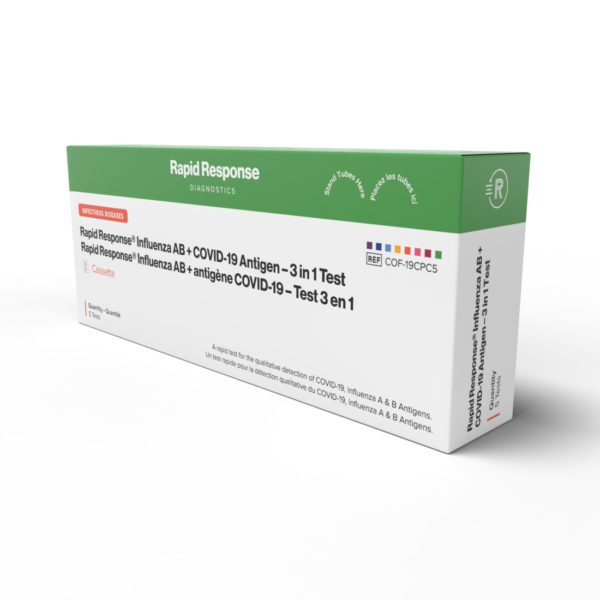Celiac disease is an autoimmune disorder triggered by the ingestion of gluten and affects approximately 1% of the global population. It damages your small intestine’s lining and gives rise to issues like nutrient absorption. Vitamin D deficiency stands out due to its significant role in bone health and immune function.
What is celiac disease?
Celiac disease is a chronic autoimmune condition where your body reacts negatively to gluten, a protein found in wheat, barley and rye.
If you have this condition, consuming gluten triggers an immune response that damages the lining of your small intestine.
This damage affects your body’s ability to absorb nutrients properly and can lead to various health issues, including:
- Osteoporosis
- Iron deficiency
- Anaemia
- Vitamin deficiencies
One significant aspect of managing this condition involves monitoring your diet to avoid gluten, which can be challenging given its prevalence in many foods. However, with careful planning and attention to food labels, you can still maintain a healthy and balanced diet.

Symptoms of celiac disease
If you have celiac disease, the symptoms you experience can range widely, making it a bit of a chameleon in the world of digestive disorders.
Common digestion-related celiac disease symptoms include:
- Bloating
- Gas
- Diarrhoea
- Constipation
Other symptoms include:
- Anaemia
- Fatigue
- Headaches
- Bone or joint pain
- Mouth ulcers
- Dermatitis herpetiformis
For children, the signs can be even more pronounced. They can also include the following:
- Delayed growth
- Delayed puberty
- Weight loss
- Behavioural issues
Some people with celiac disease might not show overt symptoms, yet they still face the risk of long-term health complications. This silent presentation is why it’s challenging to manage this condition.
Celiac disease causes and risk factors
Celiac disease arises from a complex interplay between genetics and environmental factors. If you carry one or both genetic markers HLA-DQ2 or HLA-DQ8, your risk of developing this condition increases significantly. However, having these genes alone doesn’t mean you will definitely get celiac disease. Environmental triggers also play a key role in your predisposition to this condition.
Other risk factors include:
- Having a first-degree relative with celiac disease
- Having certain autoimmune disorders, such as Type 1 diabetes or autoimmune thyroid disease
- Timing of gluten introduction into an infant’s diet
- Overall health of the gut microbiome
Vitamin and mineral deficiencies in celiac disease patients
The damage celiac disease causes to your small intestine’s lining reduces its ability to absorb nutrients effectively. Consequently, you might experience deficiencies in crucial vitamins and minerals.
Here are the common deficiencies associated with Crohn’s disease, as well as what might develop if you continue to have inadequate amounts of these nutrients.
- Iron: Anaemia
- Vitamin D: Osteoporosis and infections
- B vitamins: Decreased nerve function
- Zinc: Worsened skin health
Achieving optimal vitamin D levels in celiac disease management
Maintaining optimal vitamin D levels is crucial for celiac disease patients to counteract the risk of bone diseases and enhance immune function. This can be achieved through a combination of:
- Dietary adjustments to include vitamin D-rich foods
- Sensible sun exposure
- Supplementation under medical supervision
- Regular monitoring
Consult with your healthcare provider to determine the appropriate dosage to meet your individual needs, taking into account factors like:
- Age
- Geographic location
- Current vitamin D status
Identifying a critically low vitamin D level in celiac disease
A vitamin D level below 20 ng/mL is considered critically low and particularly concerning for those with celiac disease. Such deficiency levels need immediate intervention to prevent complications associated with bone demineralization and immune dysregulation.
When to pursue a vitamin D test for celiac disease
Those diagnosed with celiac disease should have their Vitamin D levels tested as part of their initial assessment and regularly monitored thereafter.
If you’re experiencing symptoms such as increased fatigue, bone pain or muscle weakness, it might be time to check your vitamin D levels.
Following a diagnosis of celiac disease, it’s advisable to conduct a comprehensive nutrient assessment, including vitamin D levels, to establish a baseline and address any deficiencies early on.
Also, if you’re adhering to a strict gluten-free diet yet continue to encounter health issues related to vitamin D deficiency, testing becomes a critical step in adjusting your management plan.
Potential need for high doses to restore vitamin D levels to normal in celiac disease
Due to the malabsorption issues inherent in celiac disease, restoring Vitamin D levels to normal often requires higher doses of supplements than the general population might need. Your healthcare provider can recommend tailored supplementation strategies based on your deficiency levels for a safe and effective normalization of Vitamin D levels.
Key takeaway
The connection between celiac disease and Vitamin D deficiency highlights the complexity of managing autoimmune disorders and their impact on overall nutrition and health. Regular monitoring, dietary management and appropriate supplementation with the guidance of your doctor can help you in addressing vitamin D deficiency, so you can lead a healthy life while navigating your condition.























































